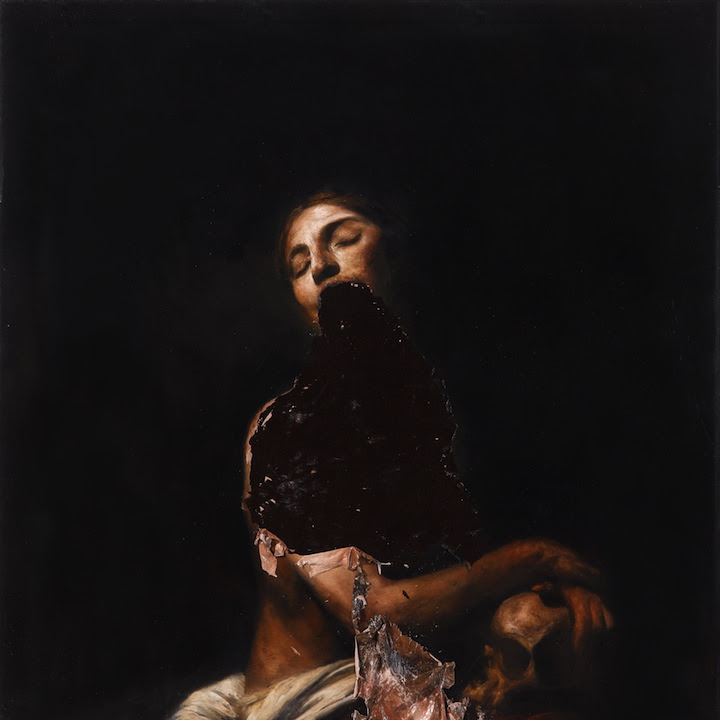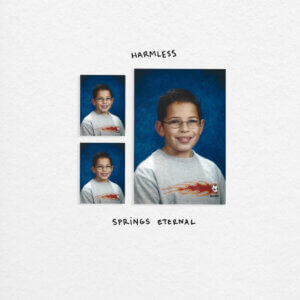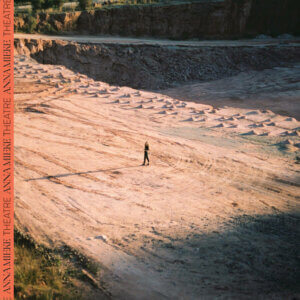
7.4
Total Depravity
The Veils
TV and film have proven to be best suited for capitalizing on nostalgia for American folk culture and urban legend. The American west, with the trappings of the mystical and the supernatural, can find moodiness and magnetism even when viewed on a 12-inch laptop screen. Not surprisingly then, the music of The Veils has found a home on HBO and in the works of David Lynch, while perfecting a highly cinematic pacing and an attention to ambient sound. On their latest album Total Depravity, the group has written an album where the dead – or the practically dead – sing, reliving the inescapable tendency of American folklore to culminate in a confrontation with the ghosts of history
No matter that The Veils are British – a perplexing love-hate relationship directed from one side of the Atlantic to the other is well documented. The Veils harbour a deep affinity for blues-rock. The cues they take from the repository of the American gothic imagery is creepy and compelling. Total Depravity is narrative based, and it’s lyrics set it apart from the trendy blues rock jams of the past decade or so (although The Black Keys, and the Growlers offer good reference points for this release).
A fair chunk of the characters on the album are chased by demons, while the rest seem to embody them. In “Here Come the Dead” and “House of Spirits”, the band’s lyricist and frontman Finn Andrews opts for variants on a haunted house lament – either the ghosts are coming for you in your house, or the ghosts are already in the house, because the house is really just a metaphor for your personal life. “King of Chrome” takes things on the road with an ode to long-haul truckers – simple and focused, with a driving electronic underlay holding everything together, it’s a vital track on this album. “Swimming with the Crocodiles”, is a Bowie-esque and a testament to Andrew’s skill as a lyricist.
At their worst, The Veils participate in an empty embellishment of small-town America, rely too heavily on cliche moodiness, and the wide-brimmed hat Finn wears all the time looks silly. Most of the time, this album is layered and engrossing, and the hat doesn’t seem that silly at all. In a statement, Andrews writes about how tracks on this album originated from ““mutilated loops and sounds” – when this trace is evident in the music, that is, when the music is at its least melodic, and it’s most finely textured, the stories that Finn writes take on depth and vitality. These loops and experimentations are hard to overstate – subtle and precise, they keep the boredom of indie rock at bay, and give the album a real distinctiveness. El-P’s leaves smudgy fingerprints all over Total Depravity, and it’s clear his production has gone a long way in bringing the album’s more daring sonic components together with Andrew’s poetry.
While their last album Time Says We Go felt soulless and unoriginal – an over-determined brand of whimsical indie pop – the band has come into their own on this release, mainly by slowing things down. When Andrew isn’t on auto-pilot crooning mode, his voice shows undeniable promise. In the album’s title track “Total Depravity”, he sings: “I asked our father and he said/ It don’t get no easier once you’re dead/ This whole universe is just mud and bone” before plunging into a Beckettian spiral: “I try to look away and I fail” he repeats. The past can never truly be escaped, so you might as well write an album that takes it on headfirst.
-review by Joshua Gabert-Doyon
Latest Reviews
Tracks
Related Albums
Related News
Advertisement
Looking for something new to listen to?
Sign up to our all-new newsletter for top-notch reviews, news, videos and playlists.














